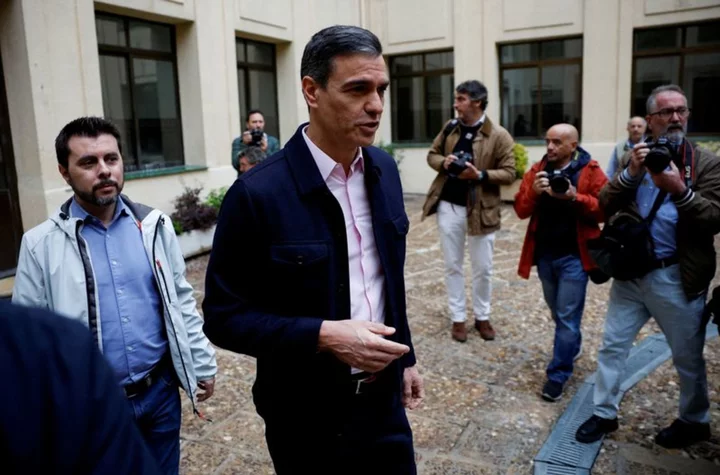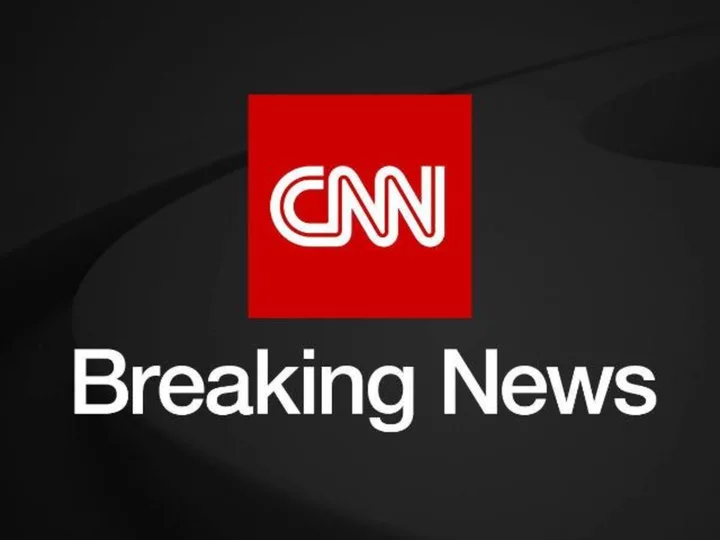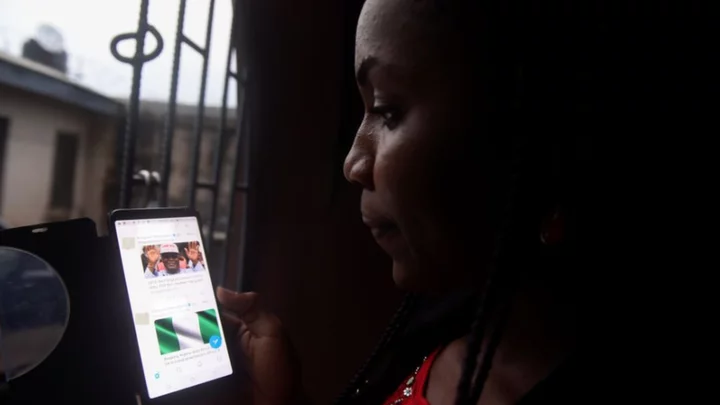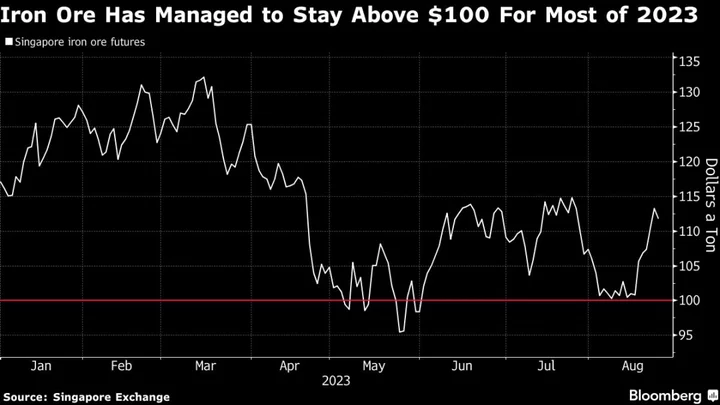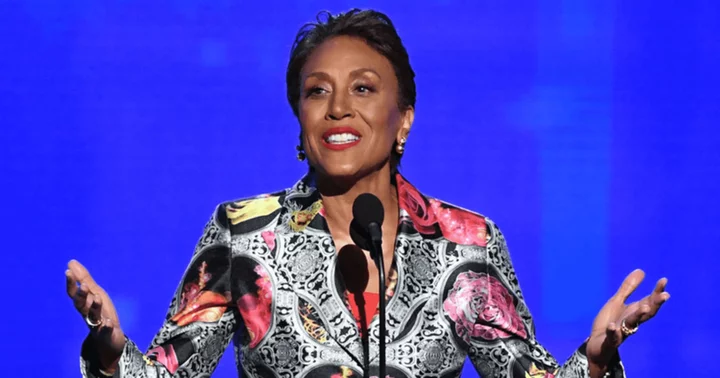By Emma Pinedo and Joan Faus
MADRID/BARCELONA Spain could follow the U.S. and Brazil in lurching to the far-right in a parliamentary election on July 23, Prime Minister Pedro Sanchez said on Wednesday, urging Spaniards to give him a "strong, resounding backing for the next four years".
Sanchez, a Socialist, called a surprise snap vote after his minority left-wing ruling coalition suffered heavy losses in regional elections on Sunday.
Most recent opinion polls have put the conservative People's Party (PP) ahead of the Socialists, but shy of a full parliamentary majority, meaning they will likely have to negotiate a coalition with the anti-immigration and anti-abortion Vox party.
In his first public address since announcing the election, Sanchez warned that voting for the PP would imply welcoming into government a party aligned with the views of former presidents Donald Trump in the U.S. and Jair Bolsonaro in Brazil, who were defeated by Joe Biden and Luiz Inacio Lula da Silva, respectively, after one term in office.
"Spain is not immune to this reactionary trend, but in Spain we can stop it, for our sons and daughters," Sanchez told Socialist lawmakers, urging Spaniards to decide whether "they want a prime minister on the side of Biden or Trump, on the side of Lula or Bolsonaro."
PP leader Alberto Nunez Feijoo reiterated on Wednesday he would seek an absolute majority and avoided answering questions about any potential deal with Vox.
Speaking at an event in Barcelona, he also said he would focus on cutting public debt if his party wins in July, adding that a government led by his party would also reduce electricity bills for consumers and some companies.
Sanchez acknowledged that calling a snap election in the middle of summer holidays, especially since it will be the first unaffected by any pandemic restrictions, is far from convenient for many.
"I know that the first completely normal (post-pandemic) holidays are approaching, which Spanish society needs to rest and disconnect. I understand that, but what will be decided on July 23 will be decisive for Spain over the next decade," he said.
(Reporting by Emma Pinedo and Joan Faus; writing by Charlie Devereux; editing by Andrei Khalip and Sriraj Kalluvila)

